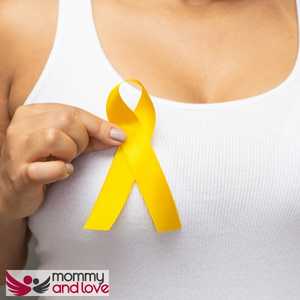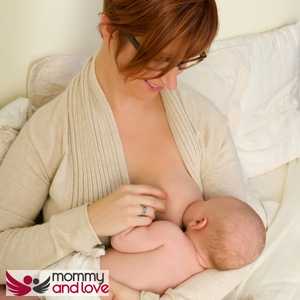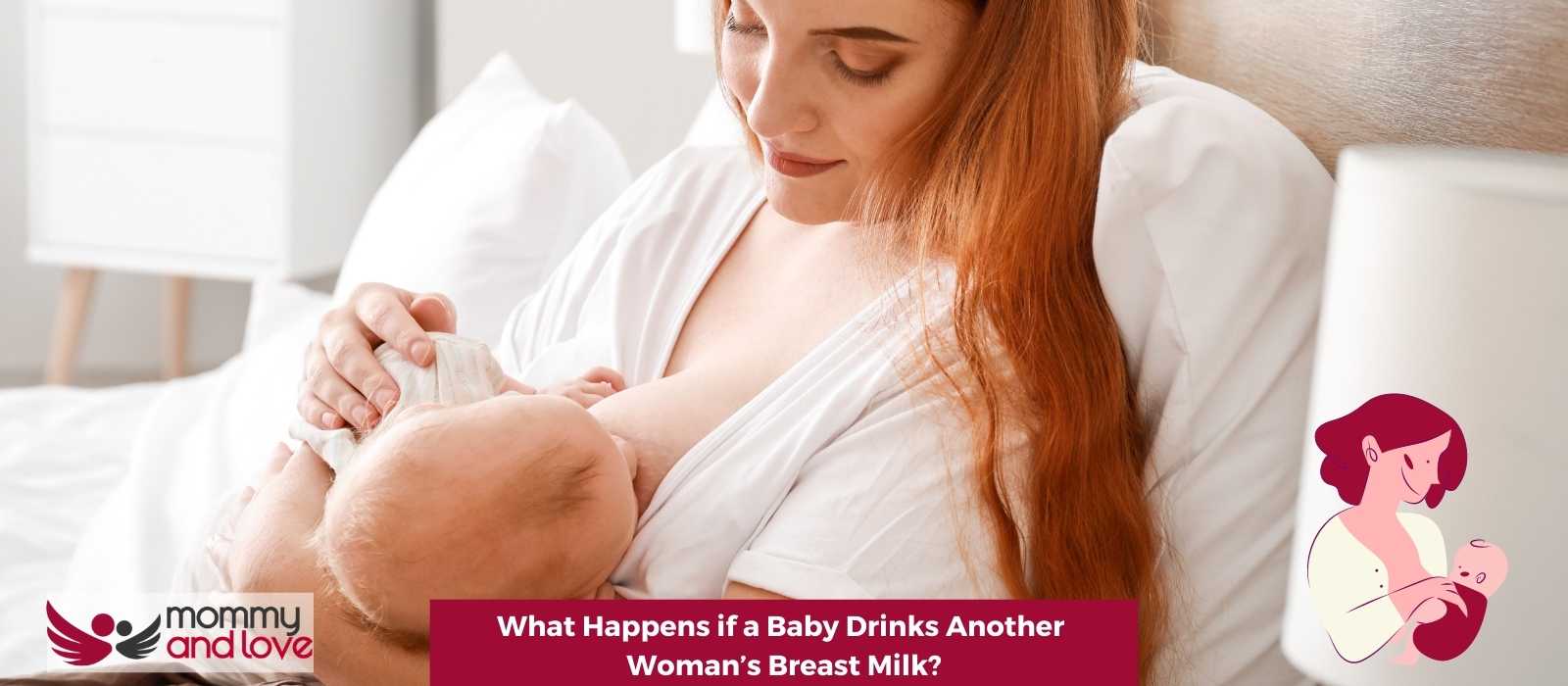There is no evidence to support the idea that drinking another woman’s breast milk has any negative consequences for a baby. In fact, breastfeeding is considered to be very beneficial for both babies and mothers. Breast milk contains important nutrients that aid in the development of a baby’s immune system, and it also helps to protect against various illnesses.
There is no need to be concerned about the safety of breast milk if it was obtained from another woman. The benefits of breastfeeding outweigh any potential risks, and there is no evidence that drinking another woman’s breast milk has any negative consequences for a baby.
Donated Breast Milk

Historically, women have shared their breast milk with each other’s children in times of need.
This tradition continues today, and there are many online communities where women can share their breast milk.
If you are considering obtaining breast milk from another woman, it is important to ensure that the milk is safe and has been screened for any potential contaminants.
In Europe there was a long tradition of nurse maids, which were women whose job was to feed newborn babies. This tradition continued until the early 20th century, when formula feeding became more popular. In some parts of the world, such as Africa and South America, wet nursing is still a common practice.
Today, this is done more as donated breast milk. Women who want to donate their breast milk can do so through online donation services, or they can contact a local milk bank. The milk banks accept donor breast milk for premature babies. The guidelines from HMBANA (Human Milk Banking Association of North America), which are guided by the Centers for Disease Control and Prevention (CDC) as well as FDA standards, outline how donated breastmilk should be screened before being processed.
More informal milk sharing can also occur when moms with enough breast milk share with local moms who don’t produce enough milk. Providing expressed milk can be very beneficial for the infant well being however it’s vital that you know the person involved as infectious diseases can be transmitted through breast milk. Sharing breast milk can be very beneficial, this is why we have human milk banks, but if you don’t know the medical history of the donee it might be better to just use a certified milk bank.
How can I donate breast milk safely?
All you have to do is follow a few simple steps to ensure that your donor human milk is safe for donation
1. Pump and store your donor milk in sterile containers.
2. Label each container with the date and time it was pumped.
3. Freeze the milk immediately.
4. Ship the milk frozen using a cold pack or dry ice to the milk banks.
The human milk bank stores donated breastmilk in a refrigerator until it is needed by hospitals.
Should you breastfeed someone else’s baby?

Wet nursing, which is breastfeeding another mother’s child, has been done for generations.
Historically, when labour death rates were very high, it was vital to have a local wet nurse who could take in the orphaned children to ensure they were fed.
If the mother is not available and you are feeding your own child, you don’t have cracked or bleeding nipples and no other typical childhood viruses, then if there is a hungry baby who needs milk, then yes!
Whilst you might prefer to give expressed breast milk rather than wet nursing, sometimes in times of crisis that option is not available. If a child is seeking milk and has never been bottle-fed, then cross nursing might be the only option.
If your own milk supply is healthy then feeding another infant will have little or no effect on your own milk or your own baby.
What happens if your baby drinks someone else’s breast milk?
This can happen accidentally, for example at the child care centre when there can be mix-ups in the infant’s bottles. My own mother accidentally gave my milk to my sister’s baby, however, as there were no health concerns it didn’t really matter.
To prevent mix-ups in the nursery you might want to ensure that different colored rubber bands are put on the babies bottles at infant feeding time. to make it easier for the childcare facility staff.
If this has happened you should ask the medical history of the milk, was there any recent infectious disease history or even history of illegal drugs? Whilst it’s unlikely it’s worth asking the staff to look into this. It’s unlikely that your baby will have any adverse effects from a single exposure, but it’s best to ensure safe storage going forward.
Can you breastfeed a baby that’s not yours?
Legally, yes, technically, yes, ethically, probably. But whether you can physically do it is down to you.
There is no one-size-fits-all answer to this question, as it will depend on the situation and relationship between the breastfeeding mother and baby. Some mothers may be able to breastfeed a baby that’s not their own without any issues, while others may find it more difficult or uncomfortable. Ultimately, it is up to the breastfeeding mother to decide if she is able to do this.
There are a few things to consider before breastfeeding a baby that’s not yours. The most important factor is the relationship between the mother and baby. If you are close with the baby and have a good rapport, it may be easier for you to breastfeed them than if you don’t have a close relationship.
The other thing to consider is the baby’s age. If they are very young, their sucking reflex may not be as strong, which could make it more difficult for you to breastfeed them.
If you do decide to breastfeed a baby that’s not yours, it’s important to be aware of the possible risks and complications. There is a small risk of infection for both the mother and baby, so it’s important to take precautions to reduce this risk.
If you have any questions or concerns, speak to your doctor or lactation consultant. They will be able to advise you on the best course of action for you and your baby.
Can I Give My Baby Other People’s Breast Milk?
Yes, donated milk that has been screened for infectious agents and harmful bacteria is safe to give to your baby. Milk donations are very common and many hospitals seek out this liquid glod, particularly for preterm or sick babies. Donor milk is much better for these babies than formula. This is because it is more easily digestible in their immature digestive tract.
Is It Illegal to Breastfeed Another Woman’s Baby
No, absolutely not. There is no federal law in the United States that specifically prohibits breastfeeding another woman’s baby.

This article was written by Sandra Baker – full time writer and the mother of four amazing kids (including twins!)
She’s also a breastfeeding counselor and has spent years helping new parents learn how to care for their children. When she’s not writing or caring for her children, Sandra likes to spend time reading and taking walks with her husband.




